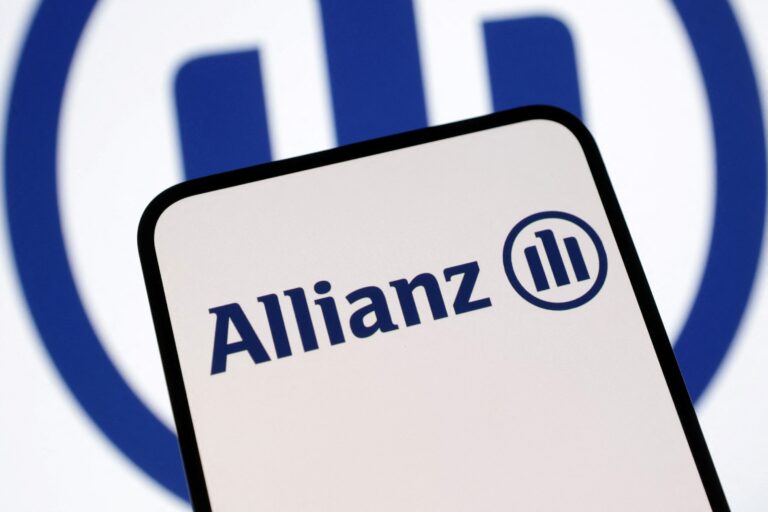
FRANKFURT, Feb 28 (Reuters) – Allianz (ALVG.DE), one of Europe’s largest investors, saw the value of its real estate holdings shrink for a second year in 2024, according to figures released on Friday. This decline highlights continuing difficulties within the property sector.
The German insurer’s property portfolio decreased by 7.7% last year to 53.9 billion euros. This follows a 6.2% decrease during the previous year. The downward trend occurred despite increases in the company’s debt and equity holdings in 2024.
The commercial real estate market in several key regions, including Germany, France, and the United States, has faced pressure over the past few years. Contributing factors have been high office vacancy rates and falling property prices. The decline follows interest rate hikes and the shift towards remote work since the pandemic.
Investors have been closely monitoring how financial firms, funds, and other property owners are adjusting the valuations of their holdings or selling assets amid market declines. According to a spokesperson, the decrease in Allianz’s portfolio was primarily due to lower valuations. The company stated that both lower valuations and outright sales contributed to the decline in 2023.
Data and surveys suggest that investors are anticipating only a modest recovery in commercial real estate during 2025. “The recovery on the property markets is only making slow progress,” stated Kay Wolf, CEO of Deutsche Pfandbriefbank, one of Germany’s leading property financiers, earlier this week.
The details on Allianz’s real estate investments were revealed in its most recent earnings report. Overall, the report provided insight into the company’s performance, which showed better-than-expected results. Allianz reported a 15% rise in fourth-quarter net profit. This was partially due to strong performance at its dominant property and casualty division.
Allianz, a major player in European financial services and the operator of the influential PIMCO brand, also reported increased business volume in its health and life insurance segments, which are considered essential parts of their business.
The company’s net profit attributable to shareholders reached 2.472 billion euros for the three months ending in December. This is an increase from 2.151 billion euros the previous year. The figure exceeded the 2.351 billion euro consensus forecast.
For 2025, the company anticipates operating profit to range between 15 billion euros and 17 billion euros, compared to 16.0 billion euros in 2024.


